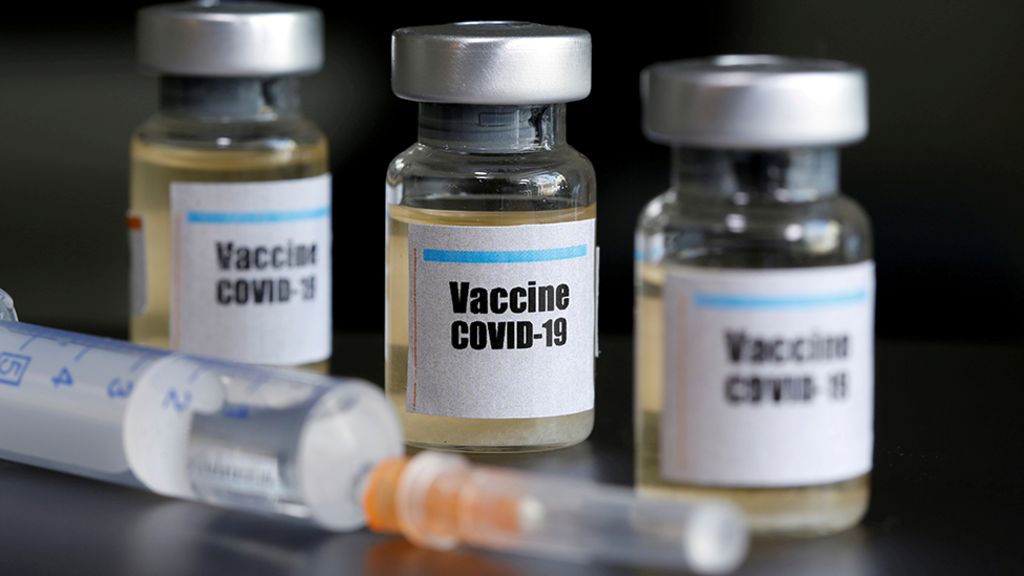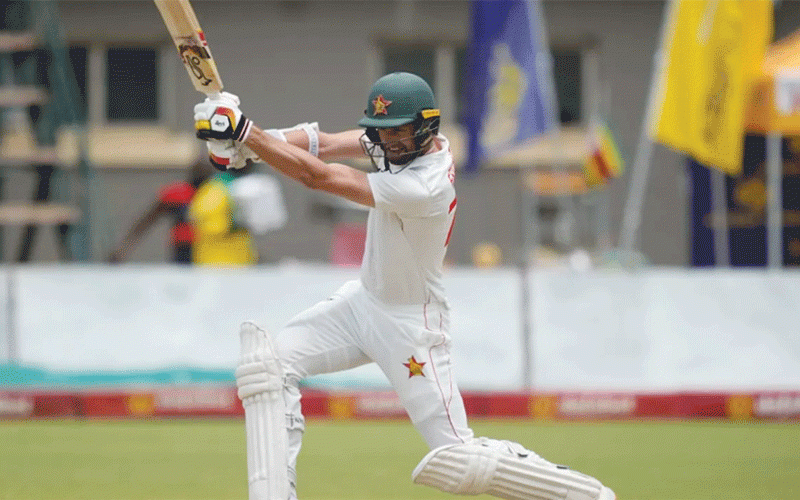
BY HARRIET CHIKANDIWA/RICHARD MUPONDE/MIRRIAM MANGWAYA
GOVERNMENT yesterday revealed that it was failing to import enough vaccines for citizens, and would prioritise Cabinet ministers and senior government officials, Members of Parliament (MPs), the security sector and frontline health workers.
This is despite that a majority of people that have succumbed to COVID-19 are ordinary citizens after the country recorded 1 075 deaths as of last night.
Zimbabwe has witnessed a steep rise in the number of infections of the coronavirus, now having recorded more than 31 000 cumulative infections.
Ministers Sibusiso Busi Moyo (Foreign Affairs and International Trade), Joel Biggie Matiza (Transport and Infrastructual Development), Perrance Shiri (Lands and Agriculture, Water and Rural resettlement) and Ellen Gwaradzimba (Manicaland Provincial Affairs) succumbed to COVID-19, but the majority of the 31 000 infections in the country consist of ordinary Zimbabweans.
Yesterday, Health and Child Care ministry (MoHCC) statistics showed that 326 people tested positive to the virus, bringing the number of active COVID-19 cases in the country to 7 694.
Only 105 people are hospitalised at different health institutions.
The disclosure that ministers, MPs, government officials, the security sector and frontline workers would be prioritised should the country secure vaccines was made in Parliament by the head of monitoring and evaluation in the Health and Child Care ministry, Robert Mudyiradima.
- Chamisa under fire over US$120K donation
- Mavhunga puts DeMbare into Chibuku quarterfinals
- Pension funds bet on Cabora Bassa oilfields
- Councils defy govt fire tender directive
Keep Reading
He said this during a virtual meeting of the Ruth Labode-led Parliamentary Portfolio Committee on Health to explain the COVID-19 situation in the country and how the government was coping in mitigating the pandemic.
Mudyiradima said the COVID-19 vaccine to be procured would not be enough to cater for all citizens.
“There is a need for a vaccine to control the spread of COVID-19, and we have to know which vaccine meets our requirements and which one we need. Most of the vaccines have not passed phase three trials,” he said.
“The vaccine might not be enough and there will be a group that will be prioritised such as frontline workers, ministers, MPs and members of the security sector.”
It was also revealed that the money to be used in the procurement of the vaccine was not factored in the MoHCC budget.
The funds to procure the vaccines were still being mobilised.
Director of epidemiology in the MoHCC, Portia Manangazira, told the committee that Zimbabwe would not get all the vaccines, as some of them were not meant for Africa, mostly because they were produced under subsidies.
“On the issue of medicines intended for developing countries, some of them are subsidies, and so it might be one of the reasons behind the labelling. It is not about the quality of the vaccines. We have one of the most stringent regulators, which are the Medicines Control Authority of Zimbabwe which checks the quality of medication …” she said.
Manangazira said that the vaccine that would be rolled out to the public would be safe and scientifically proven.
“The vaccine manufacturing process is very rigorous and whatever comes will be scientifically proven beyond doubt,” Manangazira said.
The cost of the vaccine is said to be between US$2 to US$9 per dose.
Zimbabwe expects to receive three million doses of the vaccine under the COVAX scheme facilitated by the African Union at a cost of US$20,5 million. They are being supplied by Pfizer-AstraZeneca.
Health analyst Ital Rusike, who is the executive director of the Community Working Group on Health (CWGH), said government needed to prioritise frontline health care workers and the elderly in its vaccination plan before inoculating the politicians.
“It is with relief that we welcome the news that the government has managed to acquire some doses of the COVID-19 vaccine. We hope that the government will prioritise our frontline health workers, the elderly and people with existing health conditions before inoculating the political elite and the general public,” he said.
“Depending on whether we use a vaccine that requires one or two doses, around 15 million to 30 million doses will be required, along with a massive roll-out effort to achieve herd immunity. This cannot be done by the government alone. We, the people, especially the millions of us who live in the direst of circumstances, must be central to this effort. No one is safe until everyone is safe.”
Rusike said politicians should not use COVID-19 emergency vaccines to score points and raise their profiles.
Said scholar Austin Chakaodza: “There can be no doubt that frontline workers deserve first priority because they are the ones that are in the forefront in trying to contain the spread of the pandemic.
“After the frontline workers, the ordinary people of Zimbabwe should then be given the second priority. There should be no special treatment given to certain categories of people because of their status in society.”
Chakaodza said the virus did not distinguish between ministers, soldiers, MPs, factory workers or peasants.
“The vaccines should be available to all and sundry. After all, the majority of the people who are dying from the COVID-19 pandemic are ordinary people whose names don’t find their way in the media,” he said.
But some organisations that represent ordinary people like the Zimbabwe National Teachers Association (Zinatu) yesterday said they would not allow their members to accept the COVID-19 vaccine even if they were to be given priority during its roll-out.
Zinatu chief executive Manuel Nyawo said it was important that the vaccine be administered to the workers after all the necessary precautions to ensure that it was not harmful to the human immune system were taken.
He said workers coulcd not be used as guinea pigs during experiments to find out the effectiveness of the vaccine.
“We hear shocking news that there is going to be a vaccination exercise to all of us. We are anxiously waiting to see how this is going to be executed, given our worry over the effectiveness and harmlessness of the vaccine to the Zimbabweans,” Nyawo said in a statement.
“We shall not allow the government of Zimbabwe to experiment with the vaccine on workers. We do not want teachers to be used as experimental objects.”
However, several health professionals have encouraged Zimbabwe to get its citizens vaccinated against COVID-19.
Mpilo Central Hospital acting chief executive and health expert Solwayo Ngwenya said at least 10 million of the population should be vaccinated in order to contain the spread of the virus.
Meanwhile, Home Affairs secretary Aaron Nhepera yesterday warned the public to desist from peddling falsehoods about vaccines and the COVID-19 pandemic, saying it had the effect of destabilising the nation.
“It’s, however, a fact that the COVID-19 pandemic has dealt a devastating blow to our social circles affecting as it has done to close family members,
acquaintances, colleagues and many others dear to us. This is indeed a reality but which gives no justification to blatant falsehoods that have the effect of destabilising the nations,” Nhepera said in a statement.











